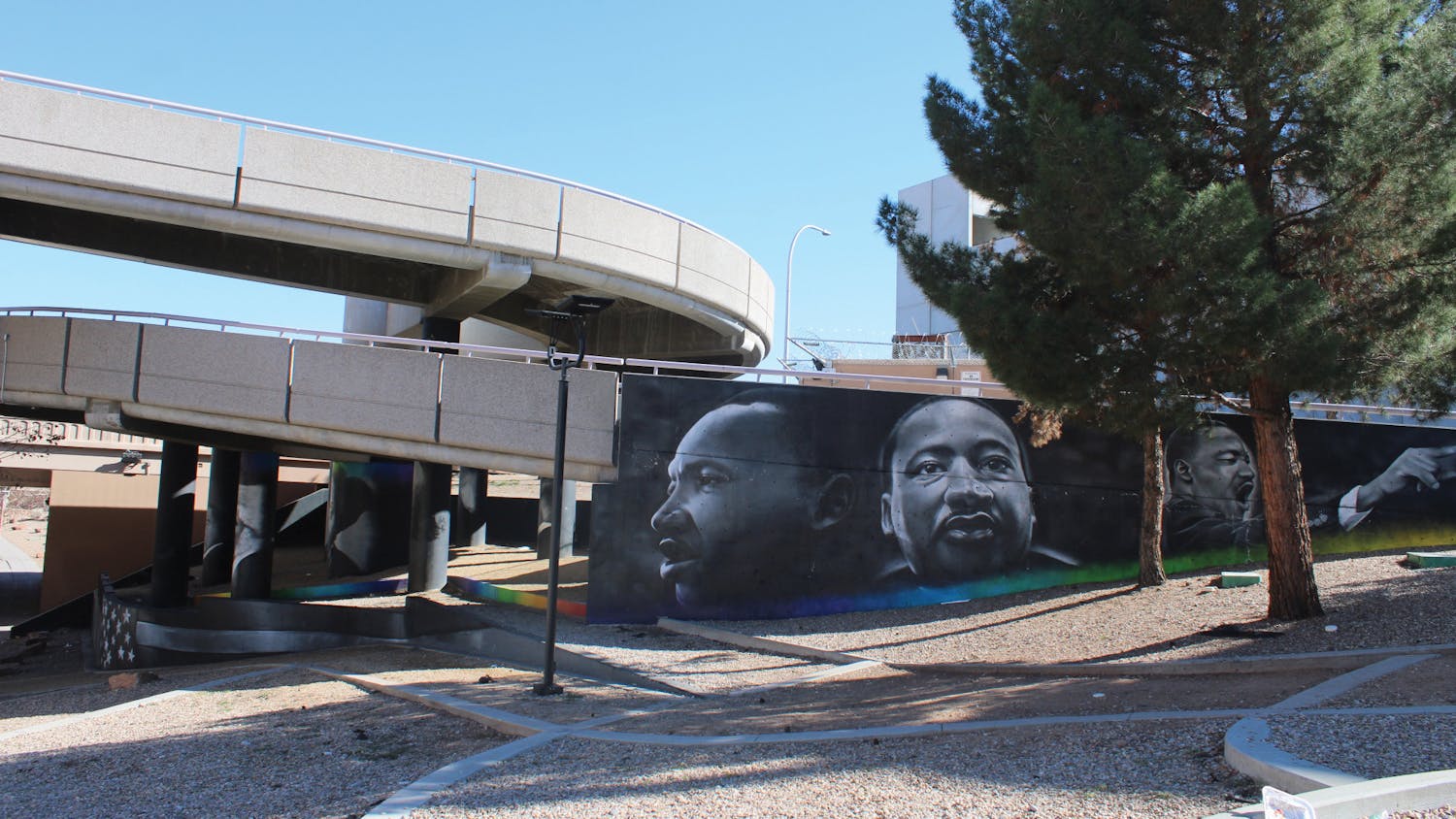Thanksgiving has been well known for controversy, thanks to its roots in the genocide of Indigenous peoples dating back to the original colonization of the Americas. The celebration of this holiday is a sensitive subject, as the arguments on both sides come from places of deep emotional ties.
For individuals of indigenous lineage, Thanksgiving celebrates a portion of history that led to a devastating genocide that diminished their population by over ten million, according to EndGenocide.org.
What some may see as a warm-hearted holiday that celebrates patriotic gratitude, the reality of what event this holiday honors has left a scar on the ethics of colonial America.
With hopes to calm the high tensions of this long-lasting sensitive topic, there have been actions to recognize Indigenous culture through Native American Heritage Month.
The beginning of this observance was “First Americans Day,” celebrated by the Boy Scouts of America in the early 1900s.Today, November marks national Native American Heritage Month, which is recognized by the U.S. president annually, according to the U.S. Department of the Interior Indian Affairs website.
The inception of Native American Heritage Month began in 1992 when George H.W. Bush declared that November would be the official “National Native American Indian Heritage Month,” according to the National Native American Heritage Month website.
The goal of the month is to celebrate Native American culture prior to colonization. This month serves to keep vibrant Indigenous cultures alive.
Another recognition of Indigenous cultures comes with the recent action taken to abolish “Columbus Day” and replace it with a day to recognize Native American culture.
This change has been recognized in the state of South Dakota, but not so much throughout the rest of the country. This change seems to have been somewhat absorbed into the idea of Native American Heritage Month.
Are these nationally and federally recognized holidays enough to heal scars reminiscent of genocide?
The controversial manner of these forms of observance is still an issue. The general obscurity of not having a concrete date for recognition of Indigenous culture may pose some difficulty in trying to engage those who are unfamiliar to the culture.
Additionally, the purpose of Native American Heritage Month — and other holidays recognizing Indigenous people — is generally misunderstood, and the culture is not celebrated as it should be.
Get content from The Daily Lobo delivered to your inbox
The issue in addressing this is that generalizations are made about the cultures, and tribes are often assumed to be synonymous for one another, rather than celebrated for their cultural attributes.
Being that Native American Heritage Month is in November — the same month as Thanksgiving — is it truly in agreement to the purpose of Native American Heritage Month?
For the United States to truly celebrate Indigenous culture, there needs to first be recognition of wrongdoings in the past.
These tragedies need to be discussed with more depth and objectivity in schools.
The portions of history that may not entirely glorify the nation — events that have shown that the U.S. has not made the most ethical decisions — must be included in common knowledge and curriculum to show that, as a population, we are willing to learn from our mistakes rather than hide them.
Resilience is a strong motif that should be associated with Native American Heritage Month. A way to shift focus to groups of Indigenous people would be to exemplify the accomplishments of the communities and expand the knowledge that Indigenous people are a part of the same group of people others are part of.
In the years moving forward, a step in the right direction for approaching this matter would be to use holidays that involve the Indigenous peoples’ communities as an opportunity to educate the general public of the culture that has existed in this region longer than colonial America.
Rebecca Brusseau is a news reporter at the Daily Lobo. She primarily covers the LGBTQ community. The views in this column are her own. She can be contacted at news@dailylobo.com or on Twitter @r_brusseau.





